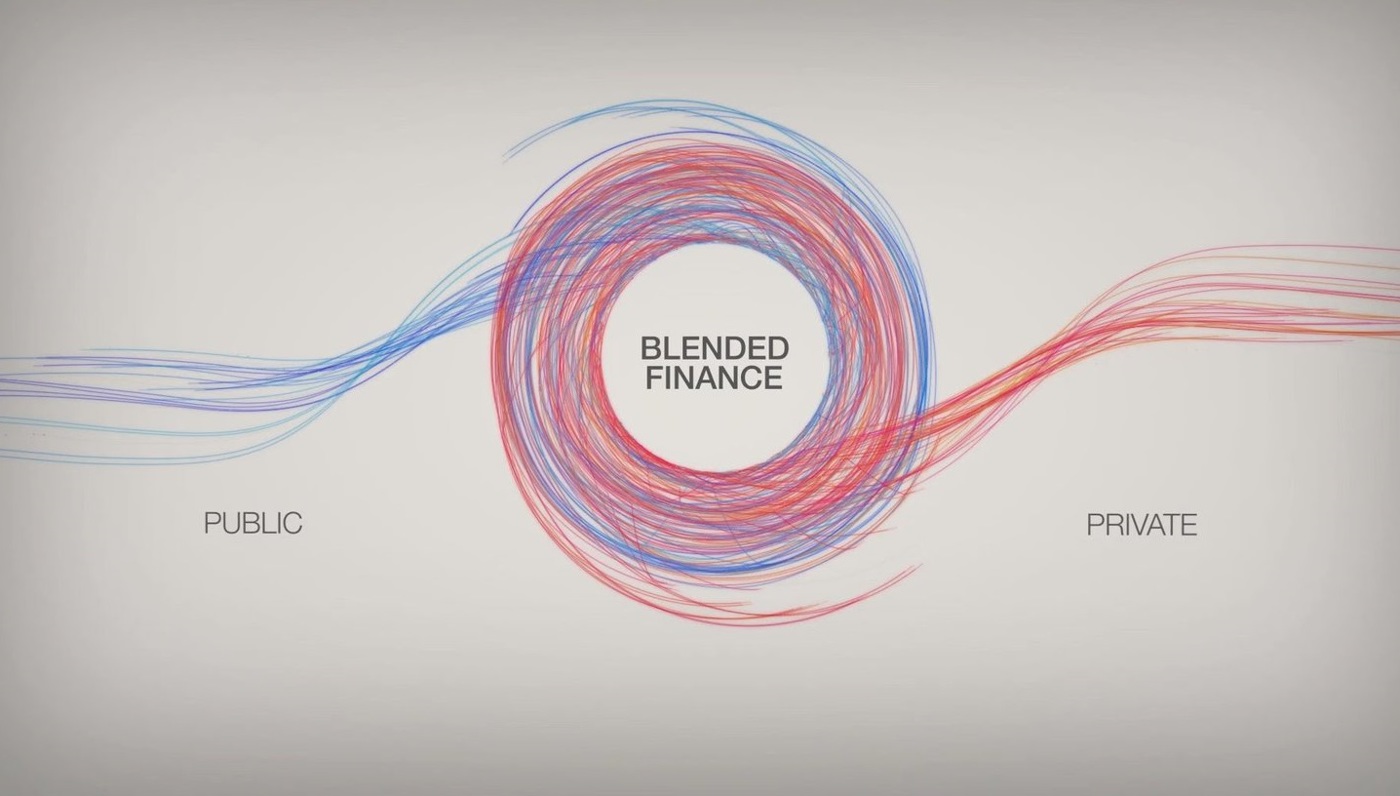
Project reference
19-0015-018-Blend-Eval-NEAR
Contract duration
2021 - 2024
Budget
294,800
100% PTC
Regions
ENI, IPA
Keywords
Energy, Environment, Industry & private sector development, Infrastructure, Monitoring & Evaluation
Evaluation of the implementation of EU Blending in the EU Neighbourhood and Western Balkans regions in 2015-2021
The general objective was to provide the relevant Commission services and other key stakeholders with an independent assessment of the contribution of blending to the achievement of EU policy objectives in the EU Neighbourhood and Western Balkans regions.
The specific objectives forevaluation were:
The geographical scope of this evaluation was the Eastern and Southern Neighbourhood and the Western Balkans.
The thematic scope of this evaluation covered bilateral blended operations as well as operations implemented under the umbrella of the regional investment facilities (NIP and WBIF) in the sectors of:
The specific objectives forevaluation were:
- To provide an assessment in both qualitative and quantitative terms on the relevance, conditions of implementation, and performance of Blending as an aid modality, particularly its efficiency, effectiveness, sustainability, impact, and added value, with emphasis on experience from the implementation of blending operations;
- To assess the EU cooperation potential and the EU added value;
- To identify lessons learnt (both positive and negative), best practices, and recommendations, in particular regarding the efficiency and effectiveness of Blending and the explanatory factors that facilitated or hampered the contribution of Blending to EU policy objectives.
The geographical scope of this evaluation was the Eastern and Southern Neighbourhood and the Western Balkans.
The thematic scope of this evaluation covered bilateral blended operations as well as operations implemented under the umbrella of the regional investment facilities (NIP and WBIF) in the sectors of:
- Private Sector Development and Access to Finance
- Energy
- Environment (with a focus on water/sanitation and waste management)